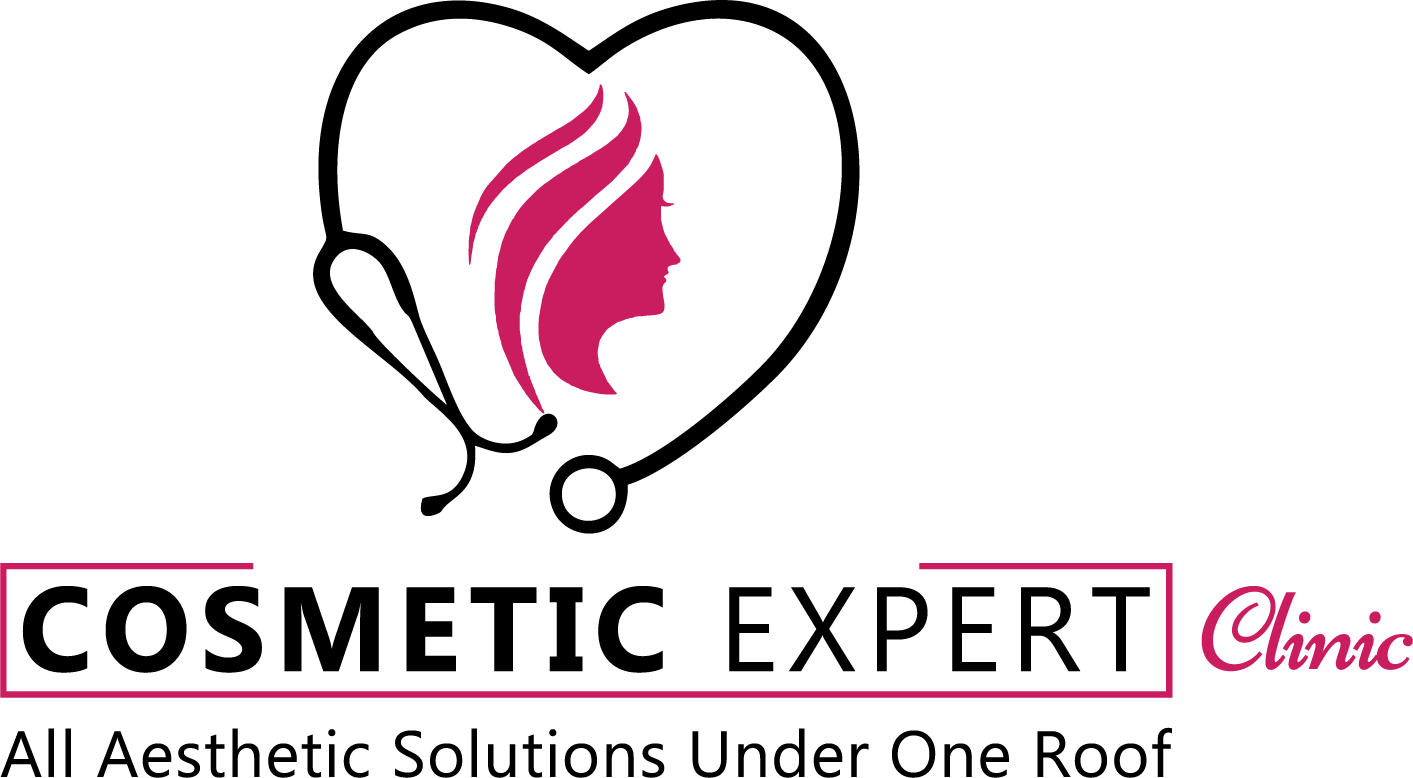There is no doubt that undergoing a hair transplant procedure is really exciting as you are on the brim of finding an effective method to treat your hair loss. However, like any other procedure, a hair transplant comes with a recovery period during which you may experience a certain amount of scalp itching.
Remember that the hair grafts from the donor area of your scalp are removed by using a small punch tool, causing a puncture hole there which will surely itch as you heal.
Healing Process After Hair Transplant
A hair transplant is like any other wound, and when the body is healing a cut or incision, it will certainly itch.
These wounds created during the hair transplanting procedure go through the same process as any other wounds or cuts on our bodies when we’re healing. The skin is injured, which can bleed depending on the size of the wound. However, the bleeding will finally stop, and the blood clots will dry and form a protective scrap over the wound. This will ensure that the area has a minimal chance of getting any bacterial and other infections.
At this point, your body’s immune system is also protecting you against infection. However, you may experience a certain amount of tenderness and swelling, which is quite normal. The skin will then be repaired by white blood cells and platelets. Now, as time goes on, new tissue will fill the wound, and within a few weeks, you will grow new skin. This is when the skin becomes itchy, and the scabs start to fall off.
See Also: Is One Hair Transplant Treatment Enough to Last for a Lifetime?
When Does the Itching Go Away?
Itching following a hair transplant surgery typically lasts 1 week. However, in rare cases, it might need up to 4 weeks to subside. Scalp itching can be particularly worse in the first 4-5 days after hair transplantation when you cannot wash the top of your head. After you wash this area for the first time after treatment, the itching will improve.
What to Do for the Itching?
If you have undergone hair transplantation surgery, certain things will help you reduce your scalp itching. First, it’s important to avoid sunlight, sexual activity, swimming, sauna, or hot baths. As for remedies, saltwater spray, antihistamines, and medicated shampoo can help. However, do not take any medication without consulting your doctor first.
Apart from these tips, make sure you are using medications as prescribed and follow every instruction given by your surgeon. Avoid smoking and consuming alcohol completely a few weeks before and after the surgery. Also, make sure that you drink adequate amounts of water. If your scalp itches too much, you can apply any oil or vaseline as per your doctor’s recommendation. This will help you to control the itching up to a certain extent. Make sure you do not deviate from your doctor’s instructions regarding medicine and after-care. If you follow this advice, you should be fine within a few weeks.
